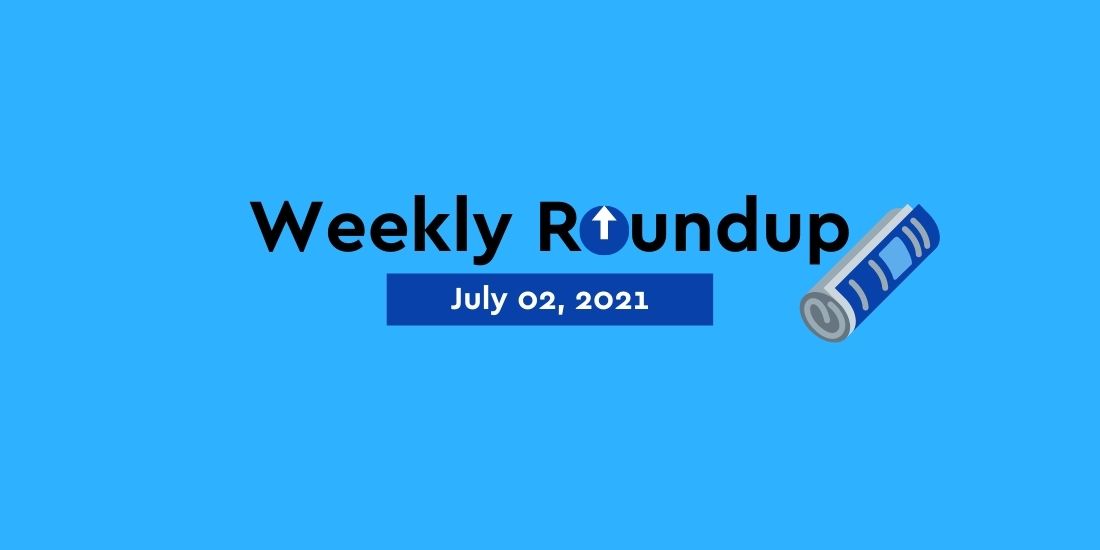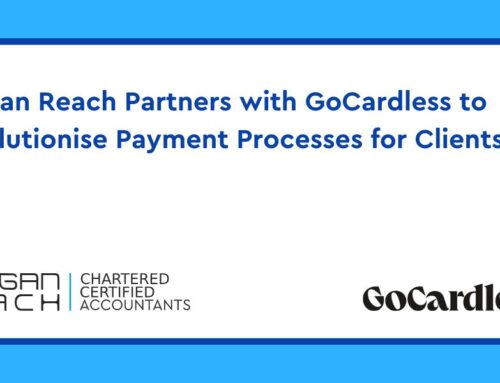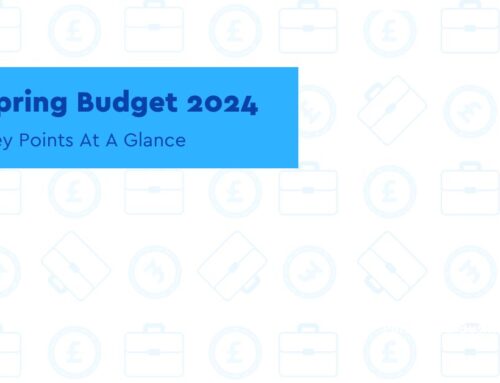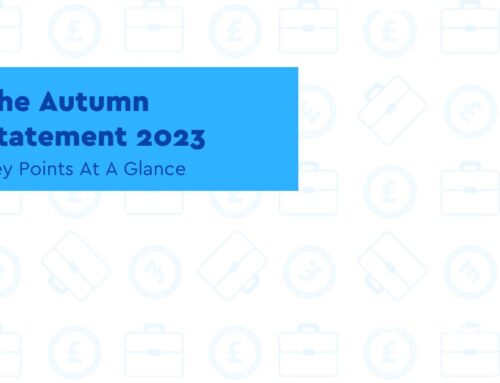Calls to extend Covid support for small businesses
Key Points
- Restrictions were meant to be lifted on June 21 but this was delayed until July 19
- The Furlough scheme is now being phased out, while firms will also start paying deferred VAT
The Federation of Small Businesses is calling on the government to extend its support for small firms after the lifting of lockdown restrictions was pushed back.
Restrictions were meant to be lifted on June 21 but this was delayed until July 19.
However, several measures introduced to support struggling businesses are set to wind up this week, 18 days before the expected lifting of trading restrictions in England.
On Thursday, the furlough scheme will start to be phased out. This means the minimum 5% of wage costs that employers contribute for furloughed staff through national insurance and pension contributions will rise to 14 per cent.
Firms will also have to start paying any VAT deferred from last year, and companies in the retail, leisure and hospitality sectors will lose business rates exemptions.
Repayments on more than £45bn of emergency bounce back loans taken out during the pandemic will also soon have to start being made.
Mike Cherry, national chairman of the Federation of Small Businesses, said: “Failing to review support deadlines that were designed with a June unlock date in mind is a false economy.
“Unless the Government acts now, it risks a serious economic flashpoint this Thursday – a moment at which financial support starts to wind down, further trade changes take effect and repayments on emergency loans start to fall due.”
A Government spokesperson said: “We deliberately went long with our support to provide certainty to people and businesses over the summer, and that support, which is a substantial amount of funding, is continuing.
“The furlough scheme is in place until September and is amongst the most generous schemes in the world.
“They can also continue to access additional support, including restart grants worth up to £18,000 per business, and business rates relief and a cut to VAT – both in place until March 2022.”
LITRG releases guidance on how SEISS is taxed
Key Points
- The first three SEISS grants must be included as taxable income in the 2020/21 tax year
- Class 2 NICs must be paid when profits are above the Small Profit Threshold which is £6,475
The Low Incomes Tax Reform Group (LITRG) is warning people who have claimed Self-Employment Income Support Scheme (SEISS) grants that they are subject to income tax and self-employment National Insurance contributions.
The first three SEISS grants must be included as taxable income in the 2020/21 tax year regardless of the accounting period for the self-employed business or partnership.
The only exception is for partners whose SEISS grants have been paid into their business partnership and then distributed as per the Partnership Agreement.
Class 2 NICs must be paid when profits are above the Small Profit Threshold which is £6,475 and £3.05 per week. Class 4 NIC is calculated at 9% for profits between £9,500 and £50,000 and 2% on profits above £50,000.
For most SEISS claimants, the first three grants must be included on their 2020/21 tax returns and the fourth and fifth grants should be included on their 2021/22 tax return.
If you have more than one self-employment trade and have claimed the SEISS grants you need to apportion the grants between the different trades in a reasonable way.
Guidance for this can be found here
24-month rule on temporary workplaces unchanged by Covid
Key Points
- Several professional bodies had requested clarification from HMRC
- If the placement exceeds 24 months, the employee is no longer entitled to any relief
HMRC has reaffirmed that it is not changing its approach to tax relief on employees’ travel expenses to temporary workplaces in light of the impact of the coronavirus pandemic.
Several professional bodies had requested clarification from HMRC concerning their interpretation of the “temporary workplace” rules where employees have had their posting extended due to the coronavirus pandemic.
Under the 24-month rule employees spending at least 40% of their time at a temporary workplace for up to 24 months of “continuous work” are entitled to tax relief on their travel expenses. However, if it becomes apparent that the placement at the temporary workplace will go on for longer than 24 months then the employee is no longer entitled to any relief.
This means that employees working at a temporary workplace and then furloughed will no longer be entitled to claim tax reliefs on their remaining time at the temporary workplace if the furloughed time takes them over 24 months of “continuous work”.
The government’s position remains that any period of furlough or working from home, whilst attending a temporary workplace, will be considered a period of continuous work.
For more information on claiming tax relief on travel expenses, please click here.
BoE: Recovery to push inflation above 3%
Key Points
- The committee said CPI inflation would reach this rate by the end of 2021
- Expectations remain that “the economy will experience a temporary period of strong GDP growth”
The Post-pandemic economic recovery is likely to push inflation above 3% “for a temporary period”, the Bank of England’s monetary policy committee predicts.
In its latest statement, the committee said consumer price index (CPI) inflation would reach this rate by the end of 2021, before falling back in 2022.
Recent data from the Office for National Statistics also revealed CPI hit a two-year high of 2.1% in the year to May 2021, up from 1.5% in the year to April.
The committee voted unanimously to keep interest at its current rate of 0.1%, however.
In its policy summary, the committee said its main expectation is that “the economy will experience a temporary period of strong GDP growth and above-target CPI inflation, after which growth and inflation will fall back”.
It added:
“There are two-sided risks around this central path, and it is possible that near-term upward pressure on prices could prove somewhat larger than expected.
“Taking together the evidence from financial market measures and surveys of households, businesses and professional forecasters, the committee judges that UK inflation expectations remain well anchored.”
Weekly HMRC, Gov’t and tax updates
Treasury considering investing pension pots into start-ups
Pension pots worth billions of pounds could be invested in start-ups, infrastructure and green energy projects to help drive the economic recovery, the Treasury is currently discussing.
It has begun private talks with pensions bosses about unlocking some of the UK’s £2.2 trillion in private workplace pensions to be invested in parts of the economy hitherto deemed out-of-bounds for savers.
The controversial scheme would be carried out through Chancellor Rishi Sunak’s long term asset fund, which he announced in November 2020.
The plan emerges as the Government searches for more capital to help the economy rebound after the pandemic, while wanting to discourage UK businesses from looking for investment abroad.
Claims for furlough days in June
The deadline for submitting a claim under the Coronavirus Job Retention Scheme is 11.59pm, 14 calendar days after the month to which the claim relates. HMRC guidance on the scheme confirms that, if the relevant deadline falls on the weekend or a bank holiday, claims should be submitted on or before the next working day.
Claims for furlough days in June 2021 must be made by July 14, 2021.
800,000 home workers have claimed up to £125 in tax relief since April
Nearly 800,000 people who worked from home during the coronavirus pandemic have claimed tax relief on their household-related costs so far this tax year.
Eligible workers can claim the full year’s entitlement if they have been told to work from home by their employer, even if it has only been for one day during the tax year.
Employees who have not received the working from home expenses payment directly from their employer can apply to receive the tax relief from HMRC. Eligible customers can claim tax relief based on the rate at which they pay tax.
For example, if an employed worker pays the 20% basic rate of tax and claims tax relief on £6 a week, they would receive £1.20 a week in tax relief (20% of £6 a week) towards the cost of their household bills. Higher-rate taxpayers would receive £2.40 a week (40% of £6 a week).
Over the course of the year, this means people can reduce the tax they pay by £62.40 or £124.80 respectively.
Join like-minded Small to Medium Enterprise (SME) businesses benefiting from the Peer Networks Programme
Peer Networks is a free networking programme for SME leaders that are keen to develop their organisation for future success.
Almost 5,000 businesses have benefited from the government funded Peer Networks programme and learnt from other SMEs about real solutions to challenges they have faced.
The Peer Networks programme is being delivered locally through Growth Hubs across England, who are creating diverse networks of business leaders to discuss common business challenges from finance and HR, to sales and marketing.
Business leaders will be able to discuss their individual challenges, reflect on valuable feedback from their peers, and identify practical solutions to improve their productivity.
The programme is available to any SME business based in England that has:
- Operated for at least one year
- At least 5 employees
- A turnover of at least £100,000
Get In Touch
At Morgan Reach, we understand every business needs a little help now and again-especially when it comes to the financial side of things. Therefore, to help our clients and visitors we endeavour to cover as much of the business news as possible. If you are self-employed or run a business and need assistance and advice on how these news could make a difference to you or your business, feel free to get in touch with the experts at Morgan Reach. Our business growth experts at Morgan Reach will guide you through what support is available for you or your business as well as the latest news that may affect you.







